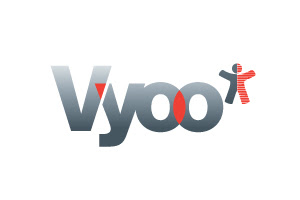
I sort of stumbled across Startup@PARC. I was basically googling for incubators with technical knowhow and there they were. I'm sure most people have at least heard of PARC - it' the Palo Alto Research Center that played such a big part in Xerox Corporation's great inventions over the years. Laser printers, GUI, OOP, and Ethernet - which for most of those that don't know, allows you to get ultra fast internet connections to your cubes. In 2002, Parc was spun off and became a separate entity. Though they still work with Xerox, they work with others as well, including a number of startups.
The have a very well respected research team that consists of a wide array of different types of scientists - including social, biological, computer, and physical scientists. They have been lending their expertise to startups with their Startup@PARC program for the past few years and it's worked out very well for both PARC and for the startups themselves.
They have a fairly simple application process. In fact, I just filled out a few lines on line and they got in touch with me fairly quickly. The way it works is they pre-screen your business idea and business model. Once they identify your product and your needs, they approach their research department to understand if there may be a synergy between your company and one of their research teams. If there is a match, they will offer to provide the technical expertise and knowhow - whether that means building your infrastructure, helping create a product, manufacturing, writing algorithms, it doesn't matter - they can do it all. And their track record shows they can do it all pretty well. Their approach of providing technical help is in stark contract to Y Combinator - who requires you to come with all of your technology.
I've follow-up with Startup@PARC. We've spoken several times and the most recent time we came to a point where we believe there may be a synergy between us once we finish our beta. We're keeping in touch throughout the process and will be meeting once we reach that point.
Since this is a fairly new program for them, it's still a feel as you go kind of deal. We didn't discuss the financial situation in great depth - but it appears they take a small equity stake for their input. For us, it may make sense, since the expertise that they think they can provide to us is something that is far from our core competencies and something that can really help our offering.








